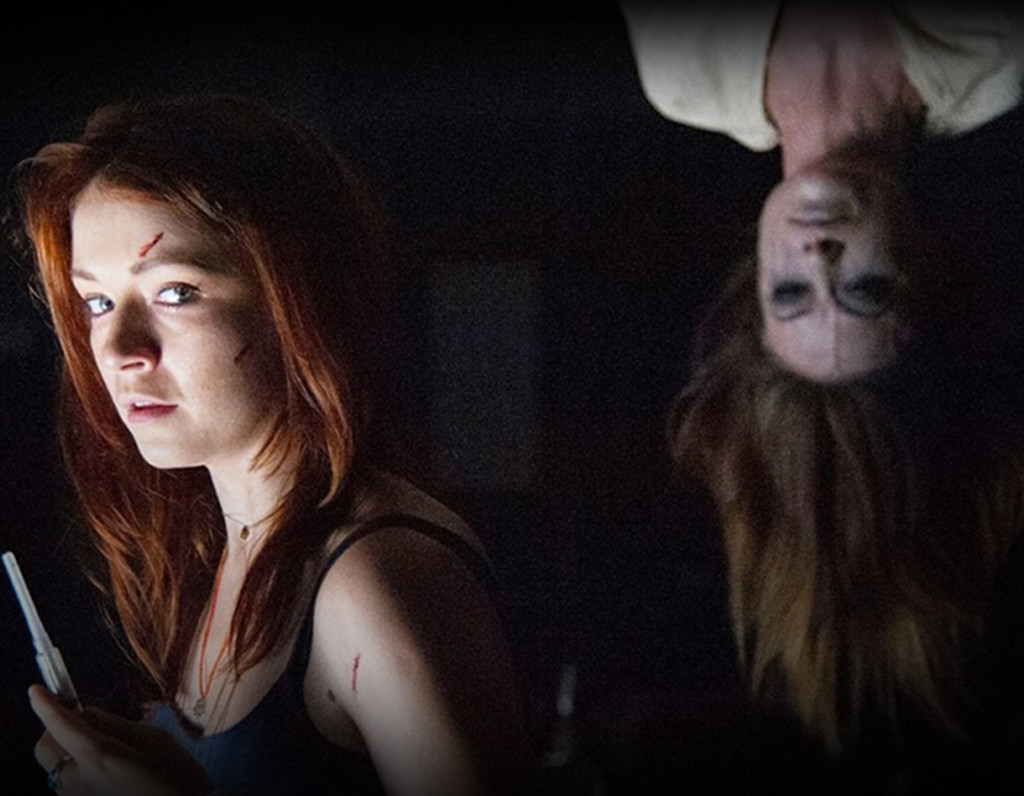One might call him a modern day Frankenstein. His name is Frank, after all—and he’s figured out how to bring the dead back to life.
“The Lazarus Effect,” directed by David Gelb, follows the story of a group of scientists who have unlocked the secret to resurrection: a serum termed, well, “Lazarus.” This is a revolutionary discovery for Frank(enstein), played by Mark Duplass, his co-researcher/fiancée, Zoe (Olivia Wilde) and their team.
Things go awry, however, when Zoe suddenly dies in a lab accident. Although the scientists had only previously brought back animals, a desperate Frank uses the serum to resuscitate his lover and, coincidentally, his first human test subject. But as she begins to demonstrate signs of disturbing, supernatural abilities, the team is faced with a problem much bigger than bringing back the dead. Dun dun dun.
I’ll be the first to admit that “The Lazarus Effect” doesn’t break any ground (with the exception of a resurrection serum, of course). For one, the premise is tired. A supernatural horror movie at its core, the film is propelled by cheap scares and creepy aesthetics. I definitely jumped more times than I’d like to admit, and I think the images of Olivia Wilde’s creepy black orb contacts are permanently burned in my mind, but the recycled old storyline is nothing I haven’t seen before—and I’m not even particularly well-versed in horror movies.
“The Lazarus Effect” is also crowded with distracting plot holes. I recognize that when watching supernatural movies it’s necessary to suspend reality, at least to a certain extent. However, the film is so rooted in science that some of the events in the movie—like Zoe’s impressive mind-reading and keen ability to teleport people into her nightmares—are a little suspicious.
What the film lacks in storyline, though, it makes up for in casting. Really, “The Lazarus Effect” brims with talent, and I’d even go so far as to say the acting alone was one of its most enticing pulls. Mark Duplass portrays a convincing scientist who is very clearly blinded by love. Frank proves to be a dogged soul through and through (which later serves as his tragic flaw and inevitable demise), and Duplass delivers a heart-wrenching performance.
“The Lazarus Effect” boasts an impressive supporting cast as well. The research team consists of Donald Glover (ahem, Childish Gambino) as Niko, a congenial computer tech guy; Evan Peters as Clay, a goofy stoner; and Sarah Bolger as the wide-eyed videographer, Eva. I only wish it allowed more time for the development of these characters, seeing as their chemistry was not only organic and humorous, but also integral to enjoying the film.
Finally, Olivia Wilde was frightening as all get-out. I had only seen her in comedic roles before “The Lazarus Effect,” but her performance in a supernatural horror film was nothing short of hair-raising. Thank goodness, too, because had the acting chops been as dull as some of the plot points, the movie probably wouldn’t have been worth watching. Furthermore, it was refreshing and, at risk of sounding borderline insane, almost empowering to see a female character at the heart of the commotion instead of running away from it. (Not that brutally murdering your fiancée and entire research team is excusable by any means, but, you know, it’s a start.)
In fact, the ending of “The Lazarus Effect” comes down to two strong female characters. Eva, who instead of assuming the role of “damsel in distress awaiting her prince,” takes matters into her own hands by facing Zoe’s wrath head on, and the two have quite the action-packed showdown in the final scene.
So, despite the fact that “The Lazarus Effect” is bereft of any innovation in terms of storyline, the undercurrent of girl power, the gripping characters and—okay, I’ll admit it—the cheap scares, make the film worth a watch.
The editor may be reached at [email protected]













Okuse Marvellous
Apr 19, 2021 at 2:02 am
I watch horror movies since I was a teenager and I switched from non-visible horror like >> The Haunting of Hill House to other supernatural movies to the classic slashers to 90s teen horror – to Asian horror and I am still very open to movies, I had never watched before…